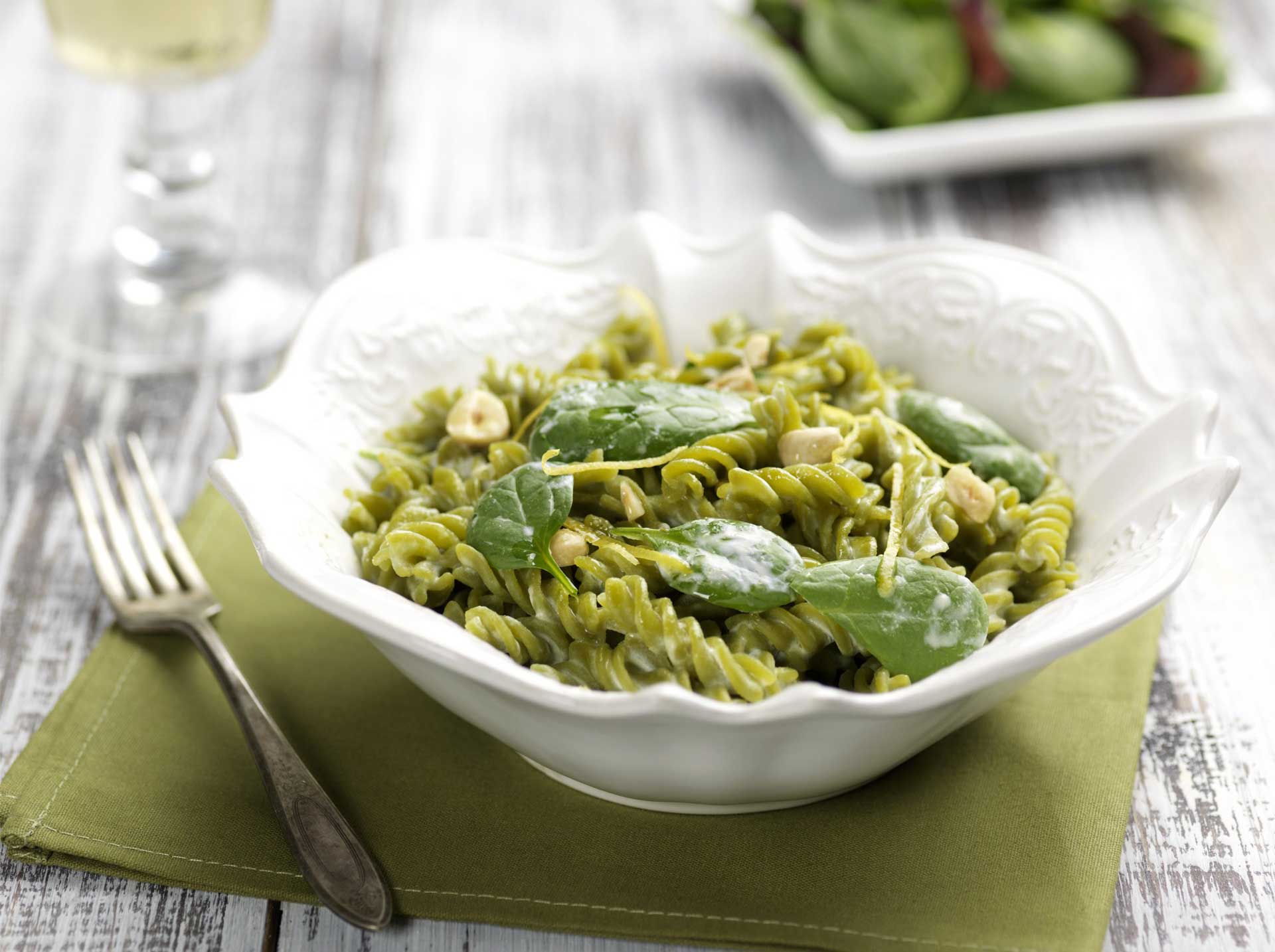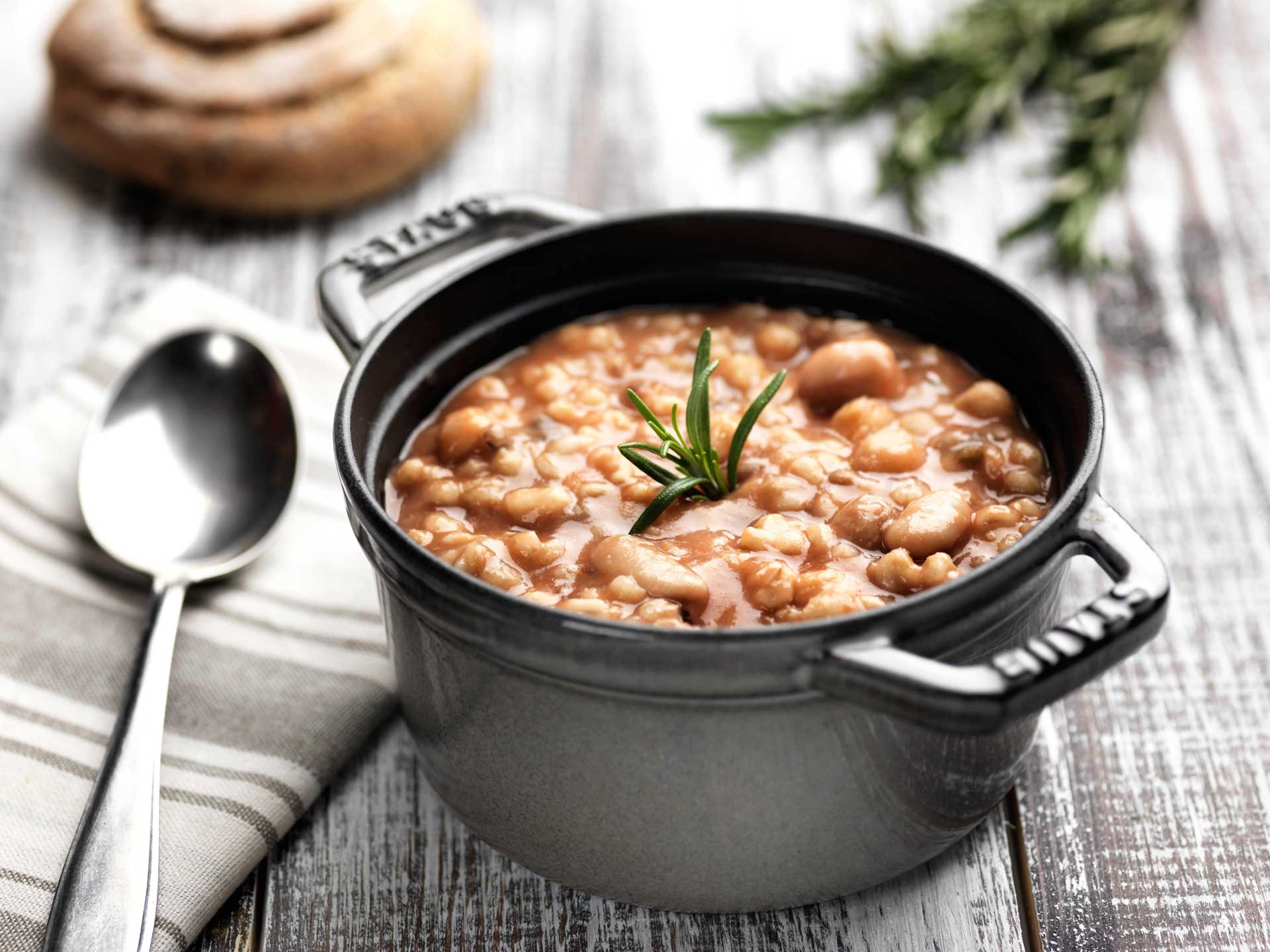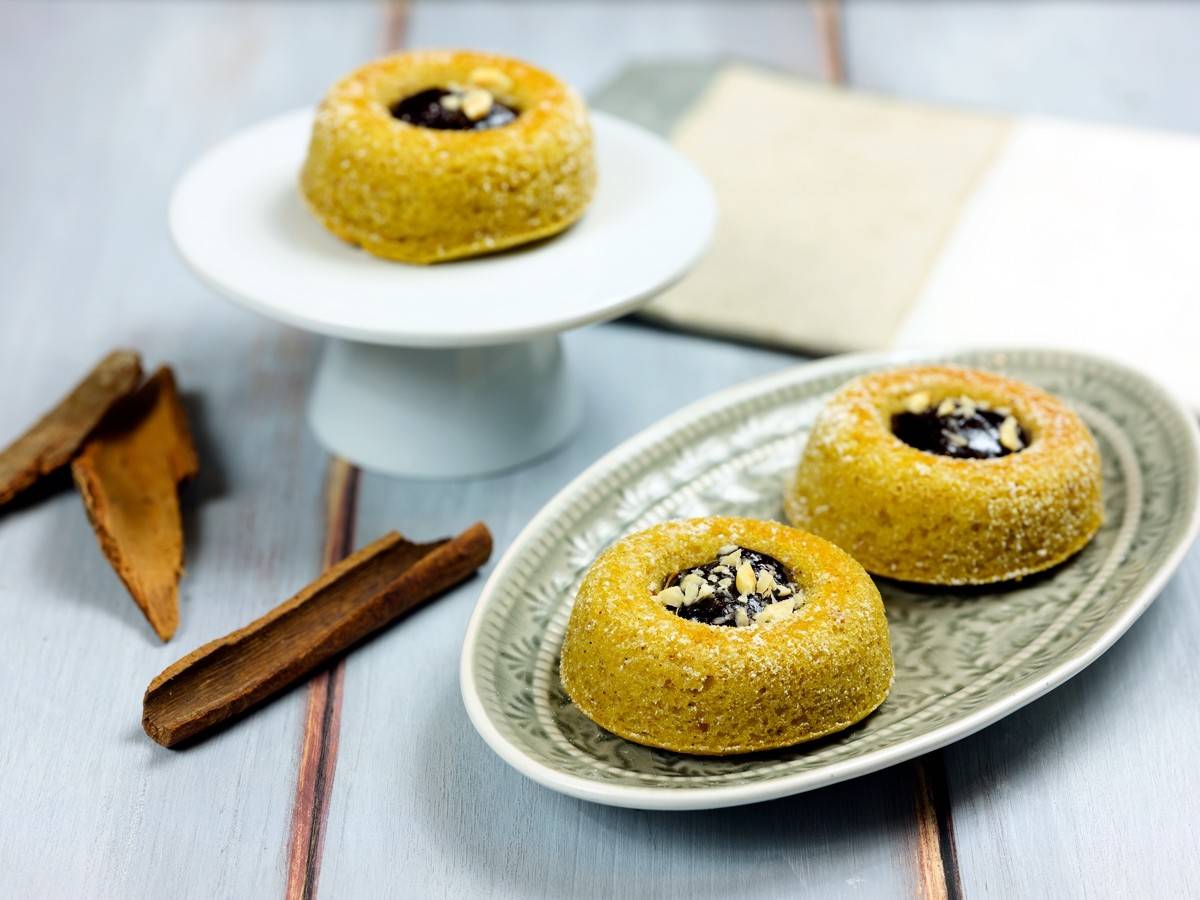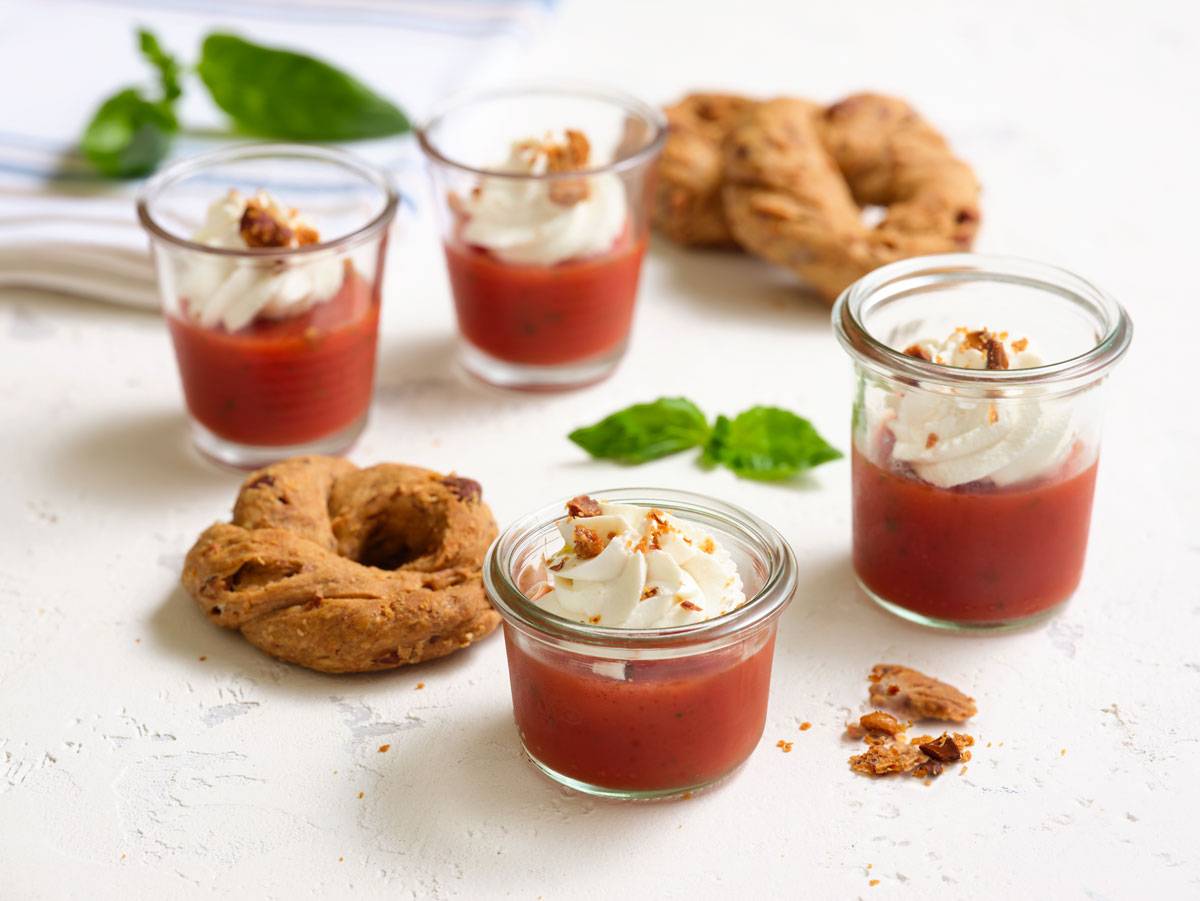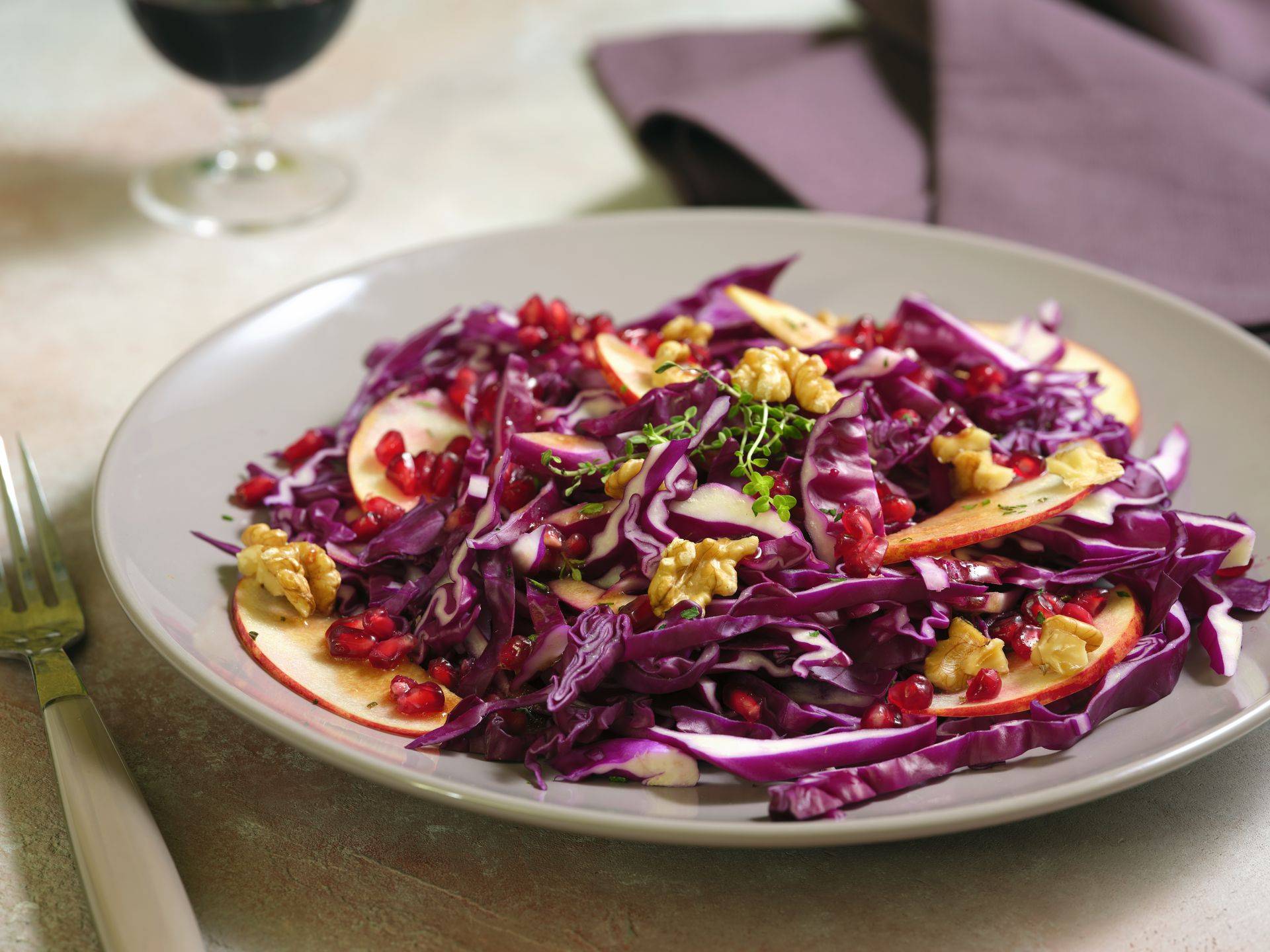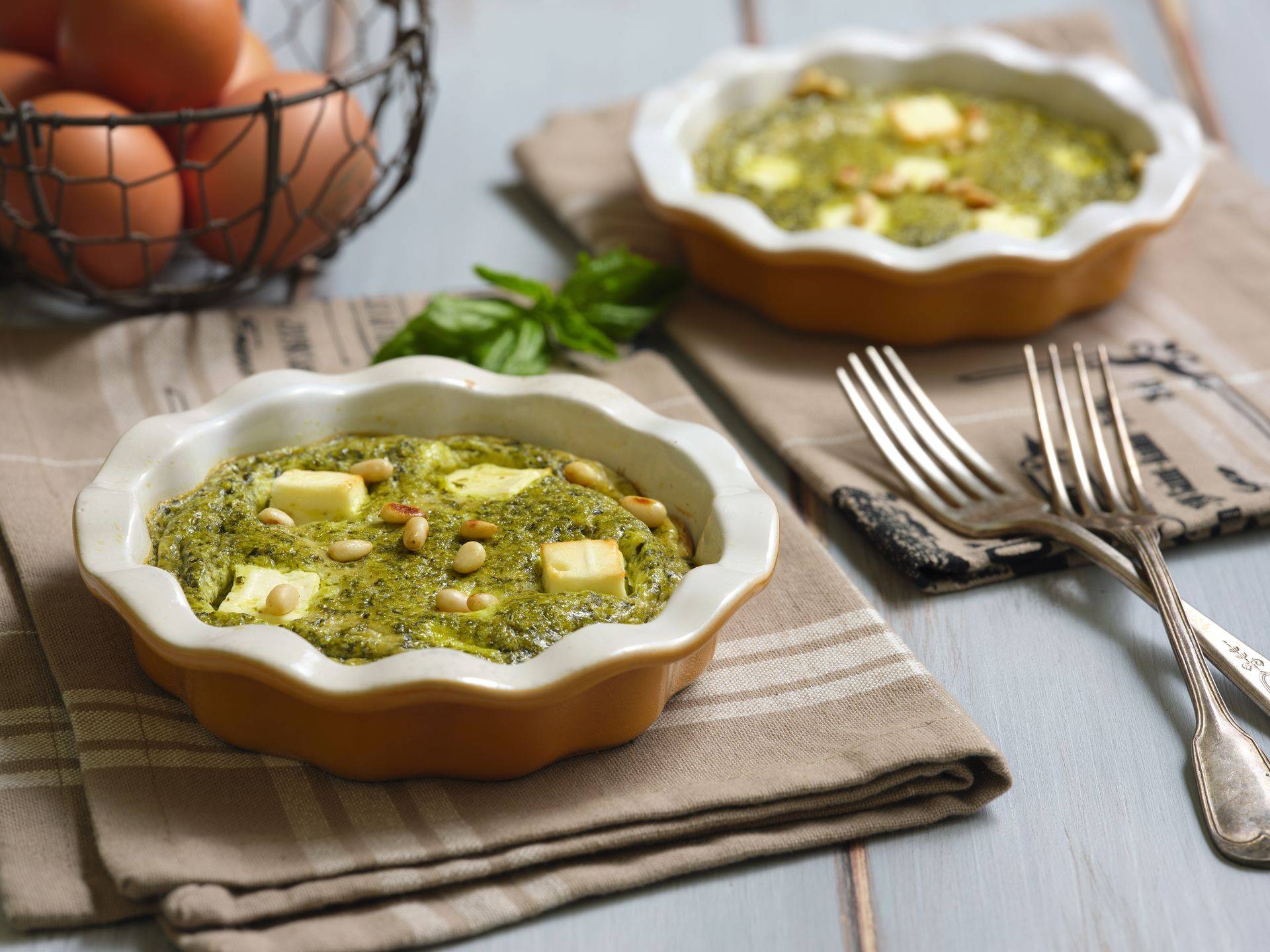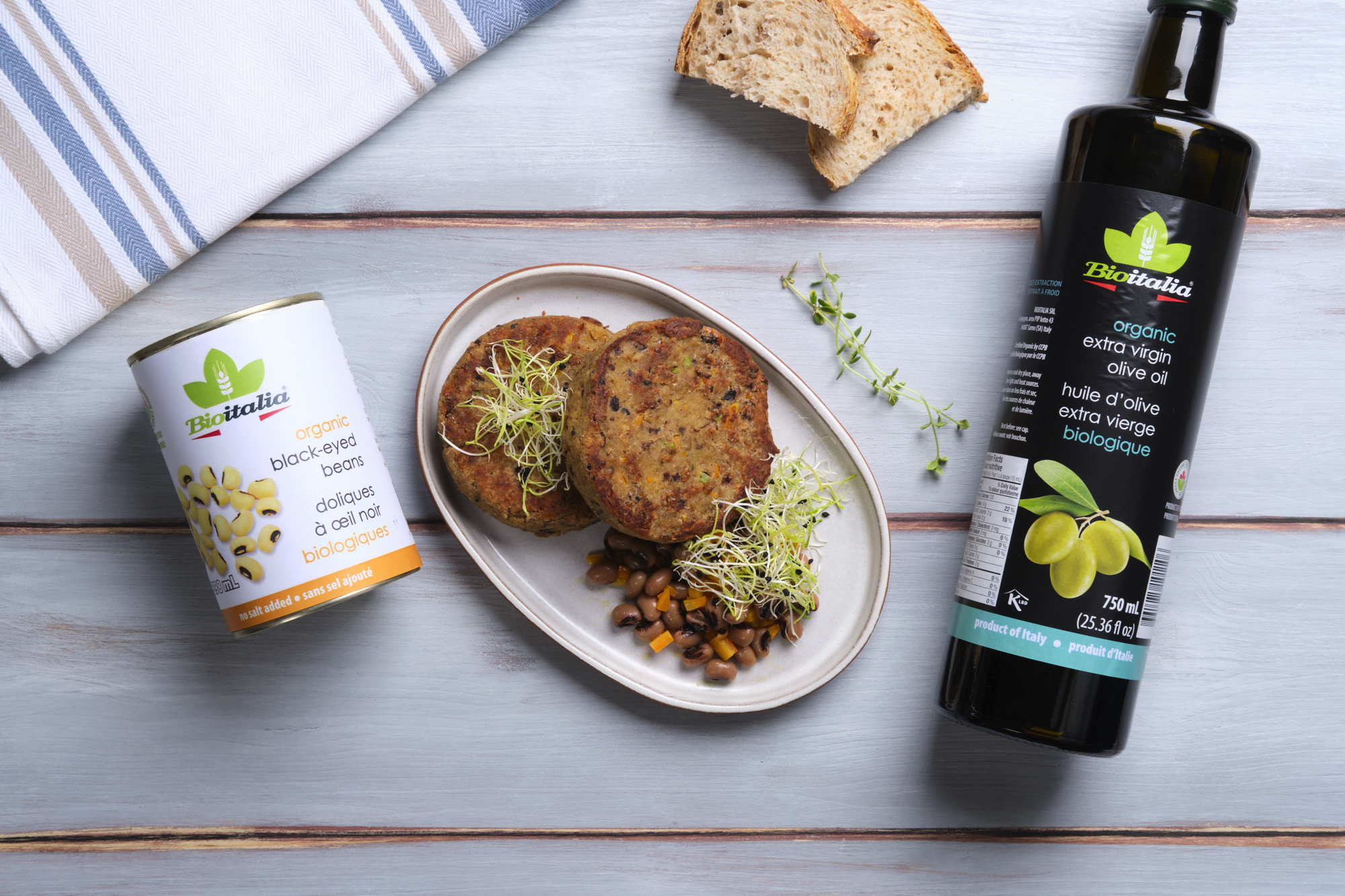
Pulses, Great Even in Summer!
Dishes based on pulses are often associated with winter and the idea of soups or hot dishes. This is not the case, or rather, it is not the only way to consume them.
Lentils, beans of all kinds, chickpeas have too important nutritional characteristics to be abandoned in summer and put back on the table in autumn. Nothing could be more wrong!
Each of them has one or more peculiar nutritional characteristics, in addition to having different flavors and tastes: for example, adzuki beans, in Japanese, small beans, contain many minerals and trace elements, especially potassium, molybdenum, and zinc, as well as a good content of folic acid and B-group vitamins. Just like black-eyed beans, they are also rich in precious minerals such as iron, magnesium, potassium, calcium, zinc, selenium, and vitamins.
All pulses have a lower glycemic index compared to other carbohydrates such as pasta, rice, and bread, and contain very little fat. They have a high content of dietary fiber (for example, chickpeas contain more than 9 grams per 100 g), so they have a great satiating power as well as facilitating intestinal transit.
They possess an excellent protein content (about 20-22 g of protein per 100 g of dry product), and if combined with cereals such as spelt and barley, they provide all the essential amino acids for our well-being. Pulses represent one of the staple foods for those who choose a plant-based diet; moreover, they are suitable for individuals suffering from certain conditions such as diabetes and dyslipidemia.
For all these reasons, I recommend continuing to consume pulses even now, in the middle of summer. How? Very simple: pulses are an excellent base for preparing cold dishes and salads. You can let your imagination run wild!
I suggest experimenting, even daily, with cold one-dish meals based on seasonal vegetables (salads, cherry tomatoes, vegetables) and different pulses, with the addition of extra virgin olive oil, a tablespoon of oily seeds (sunflower, pumpkin) and/or nuts or avocado.
They are suitable for both those who consume the meal at home and those who are forced to prepare it to take away. Such a dish could even be taken to the beach! How many of you have tried it or will try it?!
For those who do not have the patience and time to boil the dry product, they can always resort to those preserved in cans or glass jars, ready to eat. Definitely better if the choice falls on organic products, packaged in BPA-free cans, low in sodium (table salt).
[ Bisphenol A (BPA) is a chemical substance used in the inner coating of tinplate cans and numerous household items. BPA can migrate in small amounts into foods and beverages stored in materials containing it. The toxic effects of this substance are not yet fully understood, but it is best to avoid it.]
By using this method, we ensure excellent variety at the table and a reduction in animal-origin foods, which are often overused (processed and fatty meats, cold cuts, cheeses, dairy products) even in summer.
So, have a great summer and long live pulses!
Dr. Concetta Mauriello
